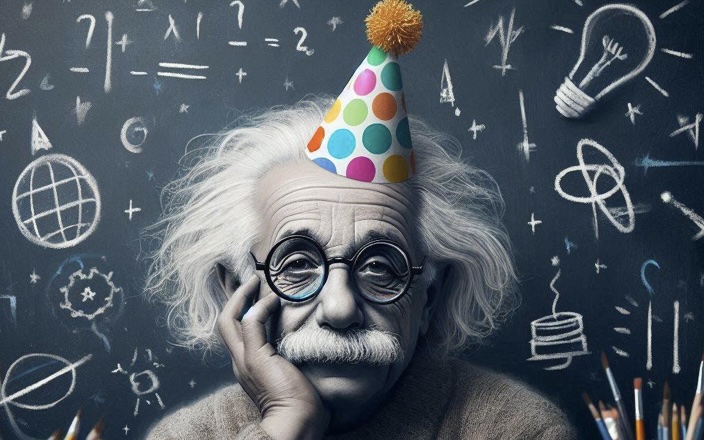I am completing a proposal for a book (working title = Genius in the Hood) illuminating and expanding the notion of human ‘genius.’ Below is the overview:
THE TERM ‘GENIUS’ conjures up Leonardo da Vinci, Isaac Newton, Thomas Edison, Marie Currie, Albert Einstein, Charlie Chaplin, Martha Graham, Steve Jobs and other individuals considered brilliant for their insights and for inspiring new directions of enterprise. Indeed, the contributions of these remarkable people have left an indelible stamp on human history.
The premise of Genius in the Hood, however, is that genius is a disposition of being human and is much broader in scope than the conventional designation for certain individuals.
Reaching back at least a couple of centuries, this convention has largely bestowed accolades of genius upon white males serving post-Enlightenment ideologies oriented to commercial products, scientific advancements, sports and artistic endeavours.

Marginalized or ignored altogether from genius attribution during this time, for the most part, have been global indigenous cultures, women, and individuals with cognitive or behavioural differences. The dismissal of these people and their contributions to human genius is an egregious oversight. There’s also a category of cultural achievement that is as valuable as commercial or material contributions but remains almost unnoticed when considering genius – ideas. Just as surely as universal gravity was conceptualized by Newton while pondering a falling apple, genius is embedded in remarkable ideas, like democracy or conservation.
The anointing of a few to the category of genius also overlooks an obvious fact: the extraordinarily rich tapestry of human history is a testament to the genius of, not a rarefied few, but of countless thousands. Material developments and ideas emerge through novel and creative thinking, sometimes forged alone and sometimes collectively. Unpack any domain of human endeavour, like architecture, music or healthcare, and you will see this*. Genius thinking or genius nature, as an ability and disposition, is and has been around for tens of thousands of years; we just haven’t seen this because our determination of genius was occluded by biases and misguided ideas. We also haven’t taken full measure of the potential for genius as something that can be purposefully nurtured through a kind of education that exceeds standardized approaches; one that has constrained education for generations. Humanity has been the poorer for this, and it’s time to hit ‘refresh’ on the notion of genius.
(* e.g., the renowned author Harold Bloom produced an encyclopedic text, Genius: A Mosaic of One Hundred Exemplary Creative Minds [2002], that referenced hundreds of contributing authors linked solely to western literature. Likewise, creativity researcher Dr. Robert Root-Bernstein documented more than five hundred scientists as contributing important knowledge in his book, Discovering [1991]).
Genius in the ‘Hood will address the shortcomings of conventional notions of genius and articulate a new, expanded concept including all people, young and old, from racially, culturally and neurologically diverse backgrounds. I will draw on my experiences as an award-winning, innovative educator to demonstrate how all people have ‘genius’ potential. I will also identify educational approaches supporting new insights into human learning – something I documented in my recent PhD research – that are vital to nurturing genius. Humanity will benefit from adopting this new notion, and this book’s messages will resonate with and help guide educators and educational administrators, counsellors, psychologists, mentors, sociologists, business leaders, parents, students and others. New conceptions of genius will also support the generating of new ideas focusing on critical issues facing humanity today from climate change to social inequity to geo-political conflict. – end

 Michael’s book, Learn Your Way! SelfDesigning the Life You Really Want, Starting Now is an ERAC-approved middle and high school textbook for career planning and health education courses (British Columbia), and it has received many endorsements. Contact Michael directly to obtain a pdf copy of the book.
Michael’s book, Learn Your Way! SelfDesigning the Life You Really Want, Starting Now is an ERAC-approved middle and high school textbook for career planning and health education courses (British Columbia), and it has received many endorsements. Contact Michael directly to obtain a pdf copy of the book.
No comments yet.